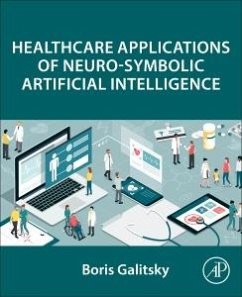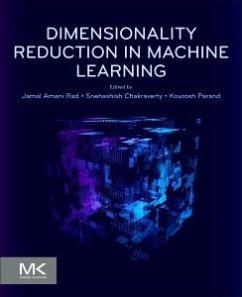
Code Chronicles
The Art of Storytelling in Software
Versandkostenfrei!
Erscheint vorauss. 1. Dezember 2026
159,99 €
inkl. MwSt.
To write effective code and applications, software engineers and developers have to be able to frame user/customer needs effectively, capture program requirements and use cases, and then develop suitable software architecture and code to meet the need. Code Chronicles: The Art of Storytelling in Software helps readers write better software by teaching readers how to write stories in the context of software development. The book explains the roots of storytelling, clarifies that storytelling historically has been a very powerful tool used to pass along knowledge, presents where storytelling is ...
To write effective code and applications, software engineers and developers have to be able to frame user/customer needs effectively, capture program requirements and use cases, and then develop suitable software architecture and code to meet the need. Code Chronicles: The Art of Storytelling in Software helps readers write better software by teaching readers how to write stories in the context of software development. The book explains the roots of storytelling, clarifies that storytelling historically has been a very powerful tool used to pass along knowledge, presents where storytelling is already present implicitly in software development, discusses how to make it more effective, and finally present experiences in storytelling from software engineering and other scientific disciplines, to foster a full understanding of its power. The authors comprehensively present the pivotal role of storytelling in writing software, and they explain how to do it in a simple, hands-on approach, also taking advantage of clear case studies written by experts in the field.













